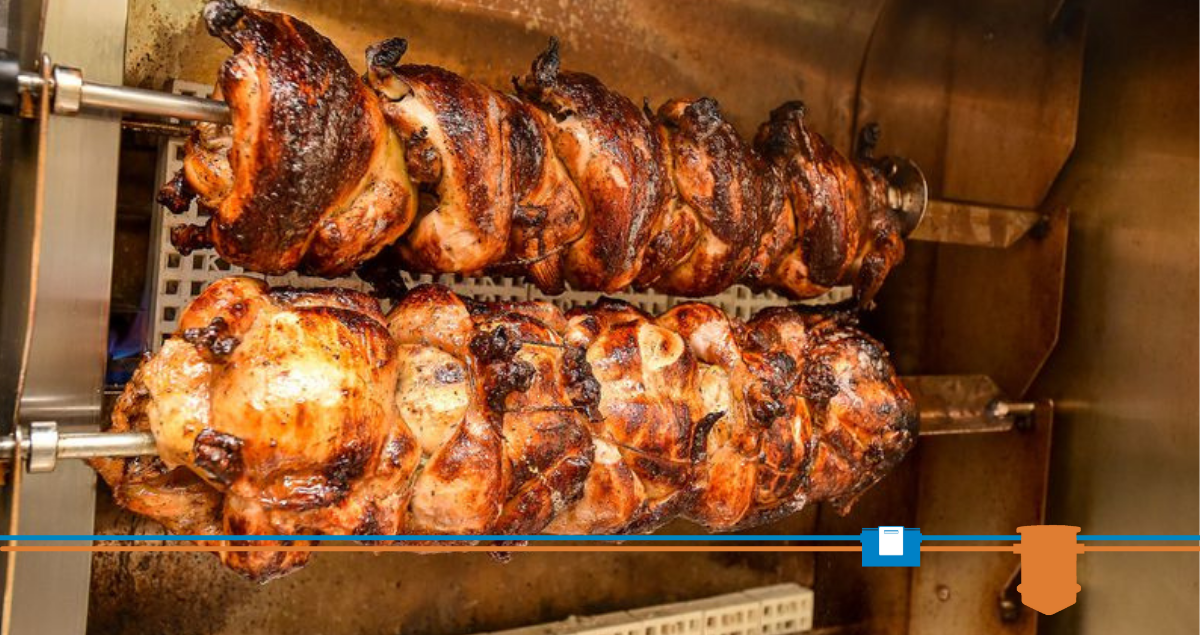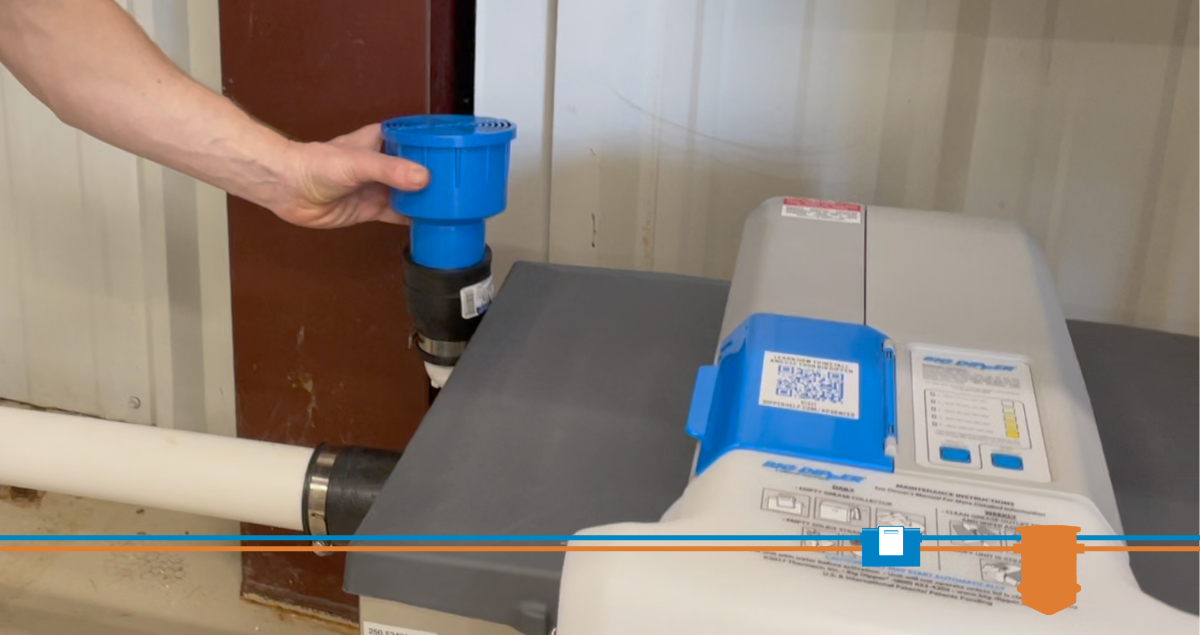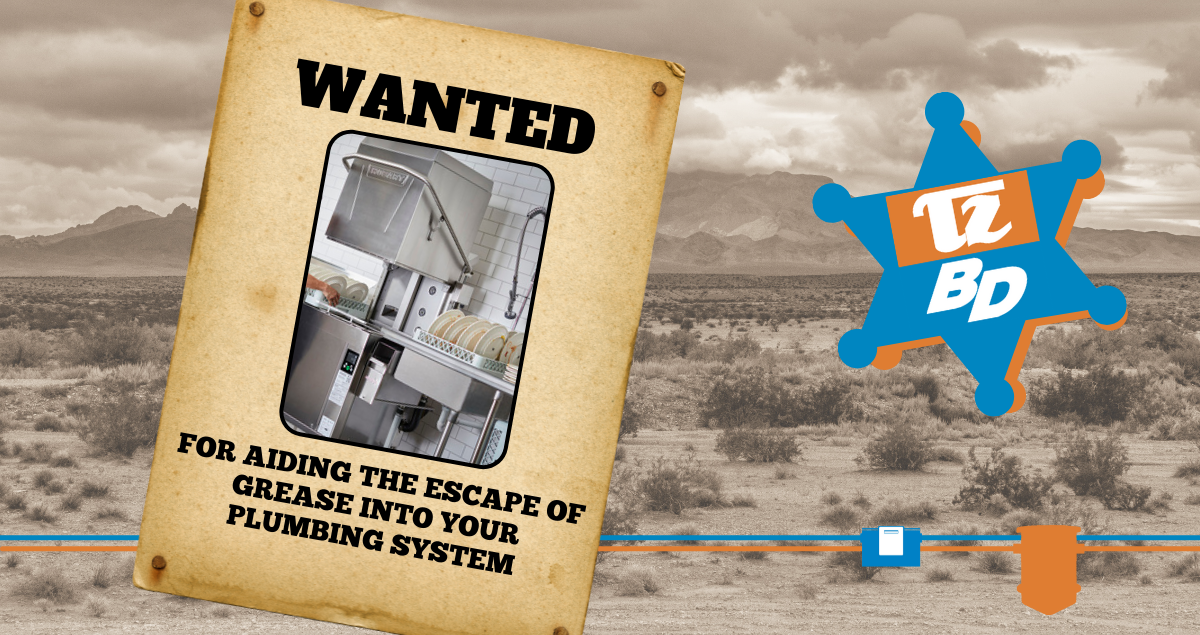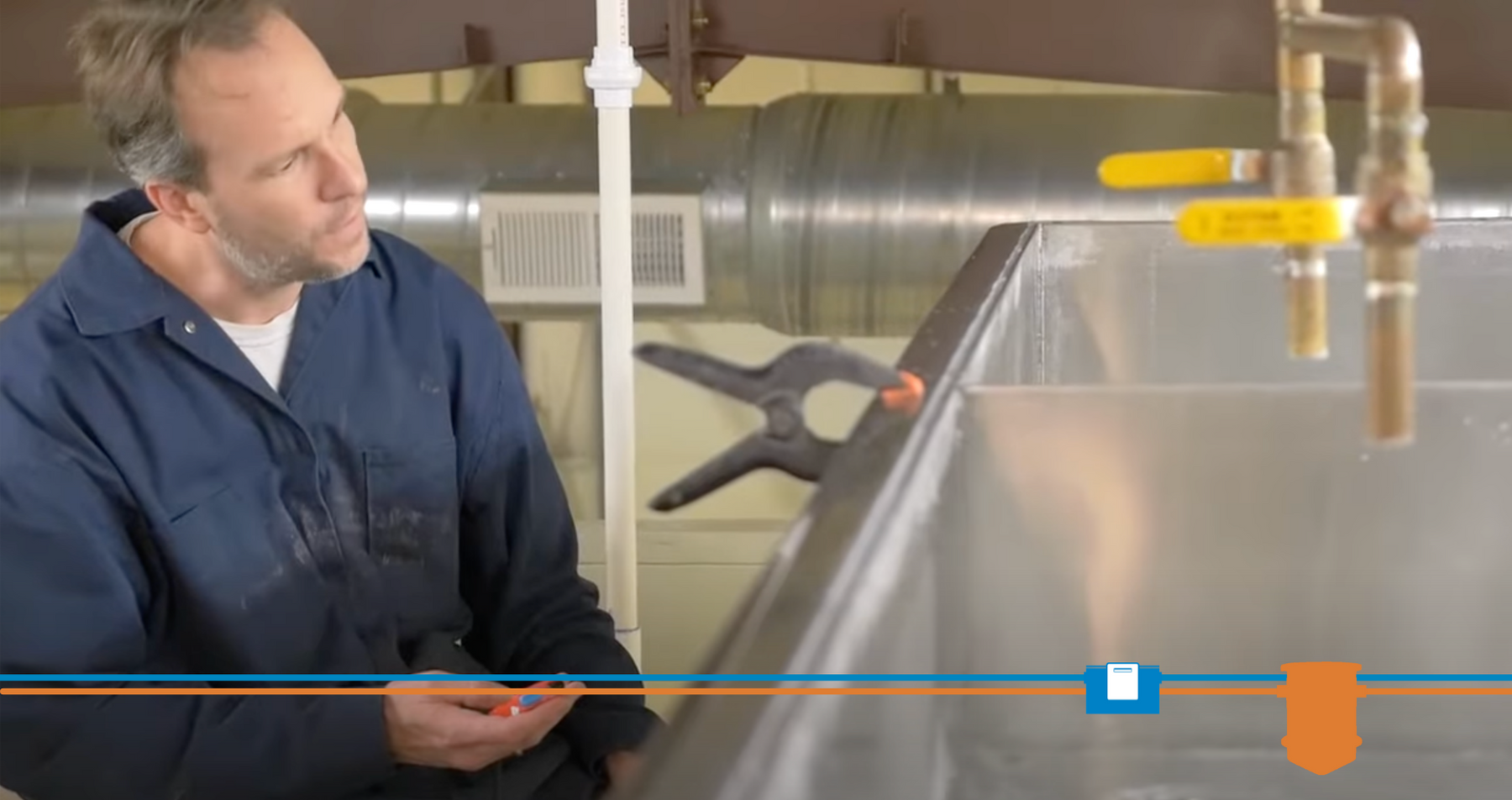Six ways your commercial kitchen might be out of compliance
- Feb 16, 2015
 You always score a solid "A" during health department inspections.
You always score a solid "A" during health department inspections.
You make sure your fire extinguishers and other safety gear is regularly inspected.
And if something goes wrong with a piece of equipment, you immediately call a service technician and get it fixed.
While you may think you’re doing everything you could, and everything you should, to keep your commercial kitchen in compliance with government regulations, there are still a few surprises that could trip you up.
Of course, you should always check with local regulators and local professionals to determine what rules your commercial kitchen must follow. But here are six ways your commercial kitchen might be out-of-compliance with health department rules, the local sewer code or other regulations.
1. Renovations.
Maybe your commercial kitchen was in compliance, and then you did a little renovation. Perhaps you added some additional seating or enlarged the walk-in cooler. It’s time to check whether your kitchen is still following the rules. In many places, even non-kitchen renovations can trigger changes to regulatory requirements.
Plus, if your kitchen was grandfathered in under old rules that have changed, a renovation could require you bring everything up to current standards. That could be true even if your renovations don’t affect the items that are out-of-compliance under current rules.
2. Changes in ownership.
If your restaurant was recently sold, or you recently bought it, don’t count on everything being compliant. Just as with renovations, a change in ownership often triggers a requirement to bring the entire facility up to current code.
3. Changes in regulations.
This may be obvious, but it’s still worth stating: Changes in health codes, sewage regulations, environmental laws and other measurements can trigger new requirements.
You’re probably not spending all your time keeping up with those changes, so it’s probably worth checking annually whether any new rules will send you into noncompliance.
4. Changes to your business license.
In some jurisdictions, a change to your business may require a new business license. If you’ve added alcohol sales, have opened a catering unit or are now selling takeout, local regulators may require a new business license that reflects those activities. And in some jurisdictions, that might also lead to new compliance requirements for your commercial kitchen.
If you start selling desserts for take-out, for example, and you’re storing those delicious pies, cakes and other baked goods in a display case in the front of the house, make sure you know whether those items and that display case follow requirements for storing food.
5. Changes or additions to kitchen equipment.

Though you might think that updating or replacing equipment in your commercial kitchen would make you more compliant, not less, in some cases you may have inadvertently created a situation where you’re breaking the rules.
For example, adding an additional three-sink compartment to speed up dish washing might require you to plumb in an additional grease interceptor to ensure that you’ve got sufficient grease trap capacity in your kitchen.
6. Changing your menu or your food preparation procedures
Though you might be adding new items to your menu to draw in more diners, those changes can also sometimes trigger additional regulations. Likewise, if you’ve changed your food prep procedures so that you make some items ahead of time and then store them for rush periods, you may need new equipment to meet code requirements for keeping food cold or hot.
Though adding a dish to the menu might seem innocuous, it’s good to check with your local officials to make sure such a move doesn’t create problems.
Other compliance risks?
Laws and regulations for commercial kitchens vary across the United States and around the world, of course. What non-obvious ways can a commercial kitchen find itself out-of-compliance where you live?
Curious about how Thermaco's products meet compliance needs in cities around the world? Find out more here.






